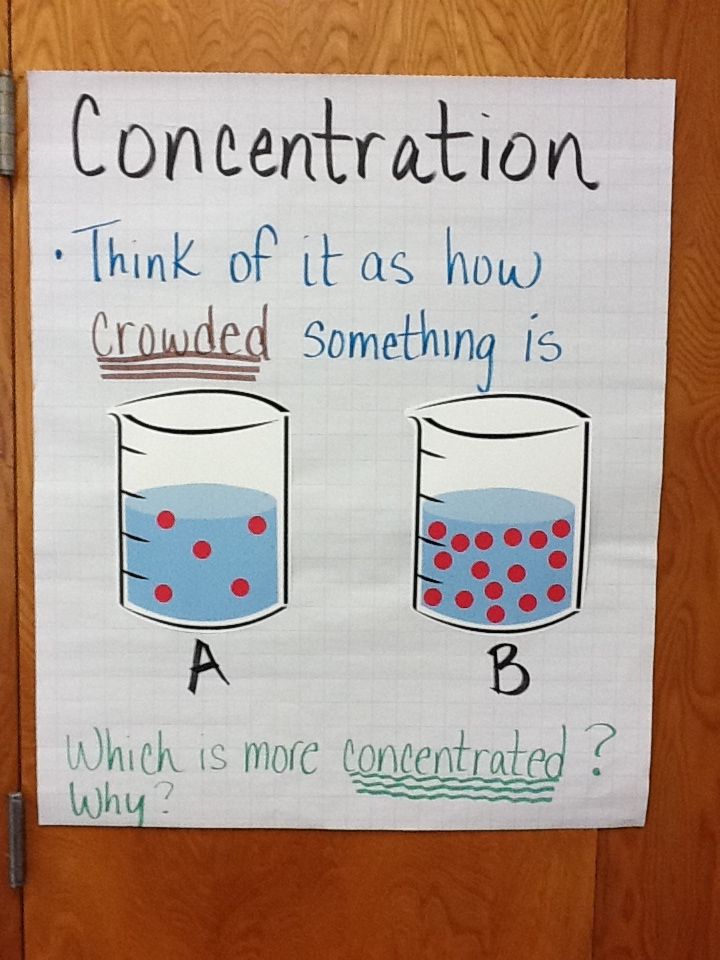Step-by-Step Guide to Launching Your Career in Politics
Introduction: The Pathway to a Political Career
Entering the world of politics is a dream for many, but the process can seem daunting without a clear roadmap. Whether your goal is to work behind the scenes or hold public office, a structured, methodical approach can maximize your chances for success. This article provides a comprehensive, step-by-step guide to help you pursue and secure a job in politics, with detailed examples, practical steps, and essential context based on the latest industry research and real-world practices [1] [2] .
1. Building Your Qualifications
Most political careers begin with a strong educational foundation. While a bachelor’s degree is not always mandatory, it is typical for entry-level roles and often crucial for advancement. Common fields of study include political science, law, economics, business, and international relations [1] [3] . Many politicians and staffers also benefit from extracurricular activities during college, such as student government, debate teams, and activism clubs. These experiences help develop essential skills like public speaking, critical thinking, and leadership.

Source: englishunite.com
Some individuals choose to pursue postgraduate degrees, such as a master’s in public administration or law, to deepen their understanding of government and policy. However, advanced degrees are not universally required. What matters most is a genuine commitment to public service, a willingness to learn, and the ability to communicate effectively with diverse groups of people.
2. Gaining Experience: Volunteering and Internships
Experience is a critical asset in the political world. Volunteering for campaigns, community organizations, or advocacy groups offers direct exposure to the inner workings of politics. Typical volunteer duties include canvassing, phone banking, event organizing, and outreach. These roles help you build a track record of commitment and provide opportunities to make valuable connections [5] .
Internships, particularly those with elected officials or government agencies, are another powerful entry point. Many universities offer structured internship programs that place students in legislative offices or public administration roles. These experiences not only provide college credit but also allow you to observe and participate in real political processes, from policy research to constituent services [4] . If you are not in school, you can often find internship opportunities by contacting local government offices directly or searching for programs on official agency websites.
For example, a student at a major university might intern with a city council member, helping draft statements or attending committee meetings. After graduation, this experience could be leveraged into a staff assistant role on a state legislative team.

Source: englishgrammarhere.com
3. Joining a Political Party and Participating Locally
Active party involvement is often the next step. Most political parties – including the Democratic, Republican, and third parties – welcome new members and volunteers at the local level. Becoming a member of a party committee or volunteering for party-sponsored events helps you build credibility and develop relationships with established political figures [5] . You might start by attending local party meetings, helping with voter registration drives, or supporting get-out-the-vote efforts.
Some individuals run for positions within their party’s local committee, which can provide greater influence and visibility. This is an opportunity to demonstrate your leadership skills and commitment to party goals. Over time, active party participation can lead to paid staff roles, advisory positions, or endorsements for elected office.
To begin, contact your local party headquarters or visit their official website to learn about membership, upcoming events, and volunteer opportunities.
4. Networking and Building Relationships
Networking is a cornerstone of political success. Building relationships with political leaders, campaign staffers, and activists opens doors and provides mentorship. Attend public meetings, political forums, or community events where you can interact with officials and stakeholders. Professional associations and student organizations for political science often host networking events and guest lectures [2] .
Reach out to local political leaders through email or social media, expressing your interest in learning more about their work. Ask for informational interviews or opportunities to shadow them for a day. Many politicians value initiative and are willing to offer guidance to newcomers. The relationships you build can lead to job recommendations, campaign roles, and long-term mentorship.
For example, a volunteer who regularly attends city council meetings and assists with campaign events may be invited to serve as a legislative aide or policy analyst based on their demonstrated commitment and reliability.
5. Securing Entry-Level Positions and Advancing
With education, experience, and networks in place, you can pursue paid positions such as legislative assistant, campaign coordinator, communications specialist, or policy analyst. Entry-level jobs are commonly found in government agencies, legislative offices, think tanks, or advocacy organizations. Many of these positions are listed on official government job boards or through established employment websites.
When applying, tailor your resume to highlight relevant education, volunteer work, and internships. Strong references from political professionals or community leaders can improve your chances. Be prepared to start in administrative or support roles, as many political careers progress from behind-the-scenes work to more influential positions over time [3] .
For example, a legislative staffer may begin by managing constituent correspondence but could advance to policy advisory roles or campaign management after demonstrating reliability and expertise.
6. Running for Office: From Local to National
Running for elected office is a significant commitment that requires experience, community support, and a strong reputation. Most politicians start by running for local roles, such as city council, school board, or county commissioner. These offices offer valuable experience and visibility. Successful service at the local level can lead to opportunities for higher office, such as state legislature or Congress [3] .
Campaigning involves fundraising, public speaking, media outreach, and direct voter engagement. Building a diverse team of supporters and volunteers is crucial. Many resources for first-time candidates are available through established organizations and party committees. While running for office involves challenges such as public scrutiny and fundraising hurdles, it can also be deeply rewarding for those committed to public service.
If you are interested in pursuing elected office, start by researching candidacy requirements through your local or state election board. Many public agencies offer guides and informational sessions for prospective candidates.
7. Overcoming Challenges and Exploring Alternatives
The political field is highly competitive and often subject to rapid change. Common challenges include intense competition for jobs, public scrutiny, and balancing work with personal commitments. Persistence is crucial; many successful politicians and staffers faced setbacks before achieving their goals.
Alternative pathways include roles in advocacy organizations, think tanks, or civil service. These positions offer opportunities to influence policy and support public initiatives outside of elected office. For those interested in policy but preferring less public-facing roles, research and analysis positions may be a good fit.
Staying informed about current events, building a reputation for integrity, and continuously developing professional skills will help you adapt to changes and seize new opportunities as they arise [5] .
Conclusion: Taking the Next Steps
Pursuing a career in politics requires patience, dedication, and a willingness to engage with your community. Building your qualifications, gaining hands-on experience, participating in party and civic life, networking, and seeking out entry-level opportunities are all proven strategies. For those with a passion for public service, the rewards can be significant-both for your career and for your community. Investigate official resources, reach out to leaders, and take the first step toward your political future today.
References
- [1] Indeed (2025). How To Pursue a Successful Career in Politics (With Steps).
- [2] TheBestSchools.org (2025). Careers In Politics – Education, Skills, and Pathways.
- [3] Indeed (2025). How to Become a Politician: Steps and Frequently Asked Questions.
- [4] Operative Wisdom (2023). A lengthy guide on how to start a career in politics.
- [5] Bay Atlantic University (n.d.). How to Get Into Politics: 7 Ways.



